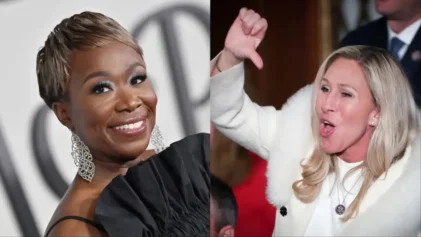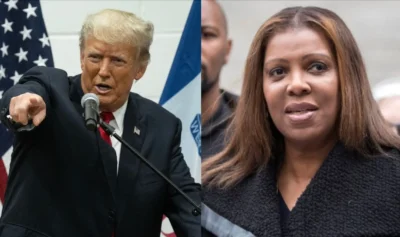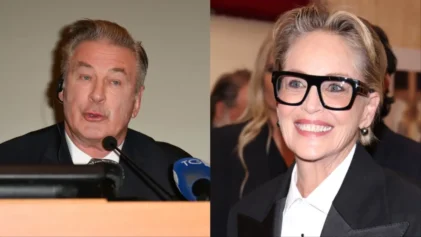Newly released footage shows that a Black Muslim man was mocked about his faith in he moments before he was killed by police in 2017.
Muhammad Muhaymin Jr., 43, died during a struggle with Phoenix police officers on Jan. 4, 2017. For the first time, a portion of a nine-minute clip showing an officer mock Muhaymin’s faith has been released to the public. His death has been compared to that of George Floyd, as the video shows an officer placing his knee against Muhaymin’s back and neck as he repeatedly calls for help and states that he cannot breathe.
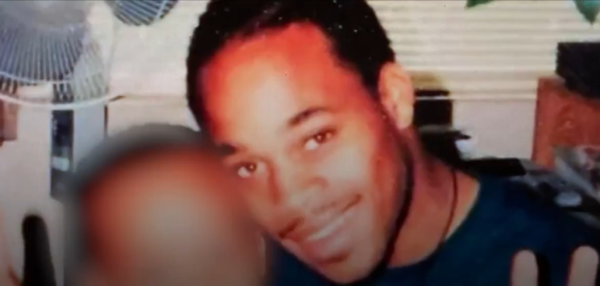
“I can’t breathe!” Muhaymin pleads in the video. “Please, Allah.”
“Allah? He’s not going to help you right now,” an officer says while pinning Muhaymin to the ground. “Just relax.”
Muhayim calls out for help several more times, and vomits. Eventually an officer says he can’t feel a pulse.
“Oh, he’s dead,” an officer replied before turning his camera off.
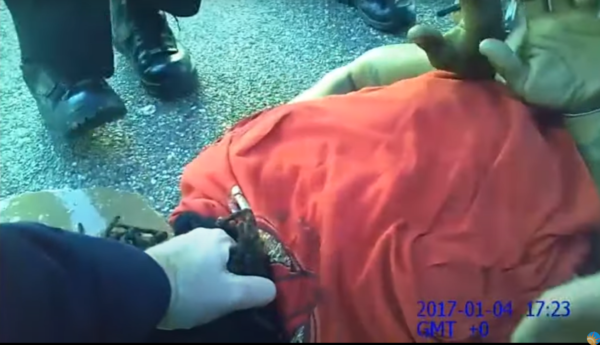
Three years later, the 10 officers identified as involved in Muhaymin’s detention have not been charged. In fact, each officer remains employed by the Phoenix Police Department.
On the day of his death, Muhaymin, who suffered from mental health conditions like schizophrenia, claustrophobia and PTSD, had been trying to access a public restroom inside the Maryvale Community Center with his service dog Chiquita. According to Arizona Central, the person who made the call to police falsely stated that Muhaymin had assaulted an employee, then later admitted once police arrived that no one had been assaulted and that they just didn’t want the father of two to enter the restroom with the dog.
After providing officers with identification Muhaymin entered the bathroom with Chiquita, but while he was inside the speculated about whether or not the chihuahua was really a service dog, and discovered that Muhaymin had missed his court date for a charge of misdemeanor possession of a marijuana pipe. Upon exiting the bathroom he was placed under arrest, but refused to put Chiquita down. He was eventually taken outside, pressed against a police car and handcuffed, then pinned to the ground under the body weight of multiple officers.
The medical examiner’s office ruled Muhaymin’s death a homicide, and found that he died from cardiac arrest, aggravated by “coronary artery disease, psychiatric disease, acute methamphetamine intoxication, and physical exertion during law enforcement subdual.”
However, the family’s forensic pathologist disputed this claim, saying Muhaymin died of “asphyxiation due to compression of his trunk and body.”
Muhaymin’s family is suing the city of Phoenix in a lawsuit that will go to trial next year, and says his mental health struggles became apparent after the death of his father in 2006. Up until 2008, he never had any problems with the law but was charged several times between 2008 and 2013.
“The biggest thing that I love about him was his big personality. He was funny, and a fun person to spend time with, and he kept you laughing. He was my protective little brother,” his sister Mussalina said of her brother.
Police had previously released bodycam video from the incident in January 2017, but the segment showing the officer mocking Muhaymin’s call for Allah emerged Thursday, Aug. 20, after civil rights group Muslim Advocates released it, saying it had previously been unseen publicly. The Associated Press reports that the new video segment became available for the first time after a judge recently ruled against the city of Phoenix in its bid to bar the release of video and transcriptions of depositions from the lawsuit.
The city asked the judge to bar release of the deposition materials after complaining that the Muhaymin family attorney was using social media to call attention to the case, claiming he was inciting violence against police.
David Chami, the family’s attorney in the lawsuit, told the AP he believes police intentionally omitted this new portion of the video from the copies released in 2017.
“We think this type of information will help maybe get somebody to take a second look whether these officers should still be patrolling this neighborhood,” Chami said. “There’s no doubt that the city manipulated the narrative.”
